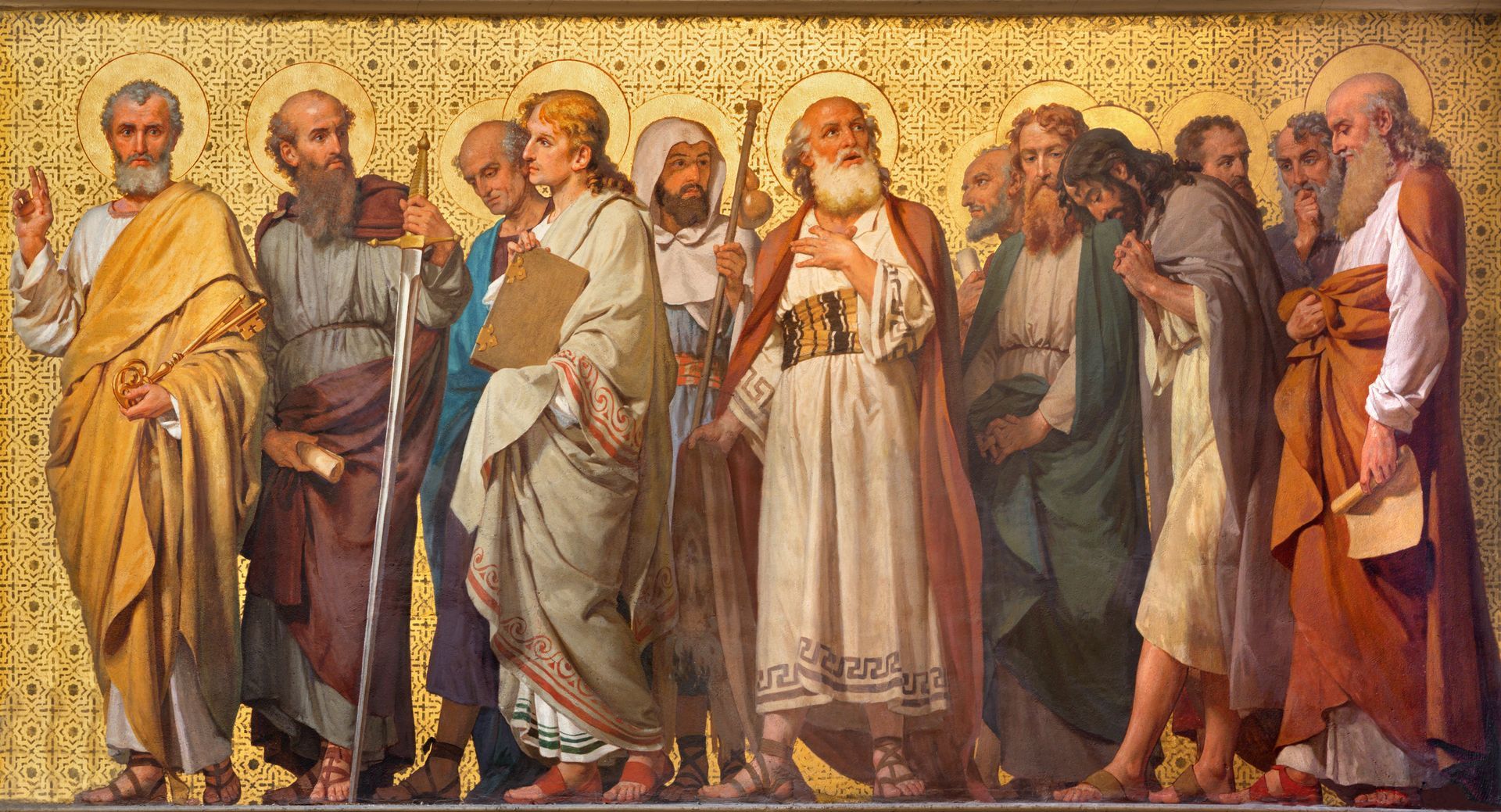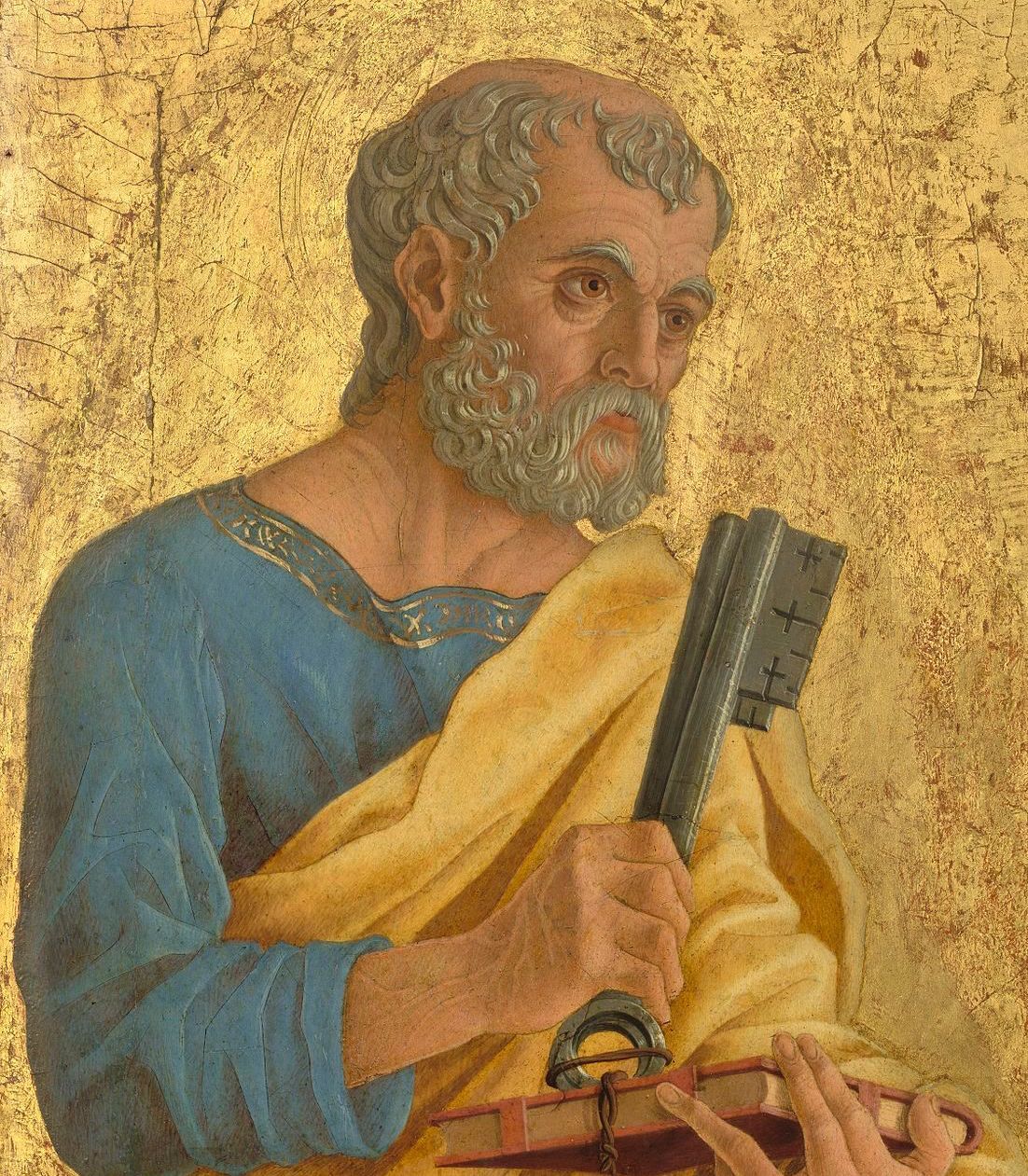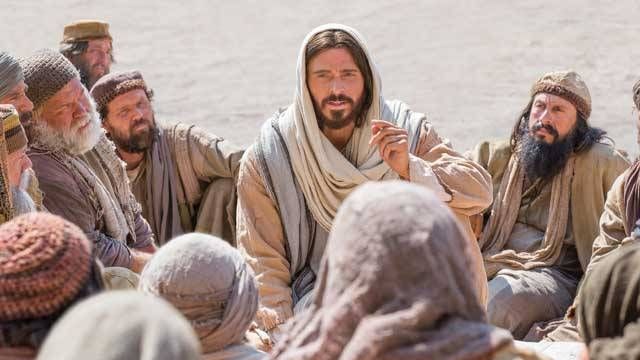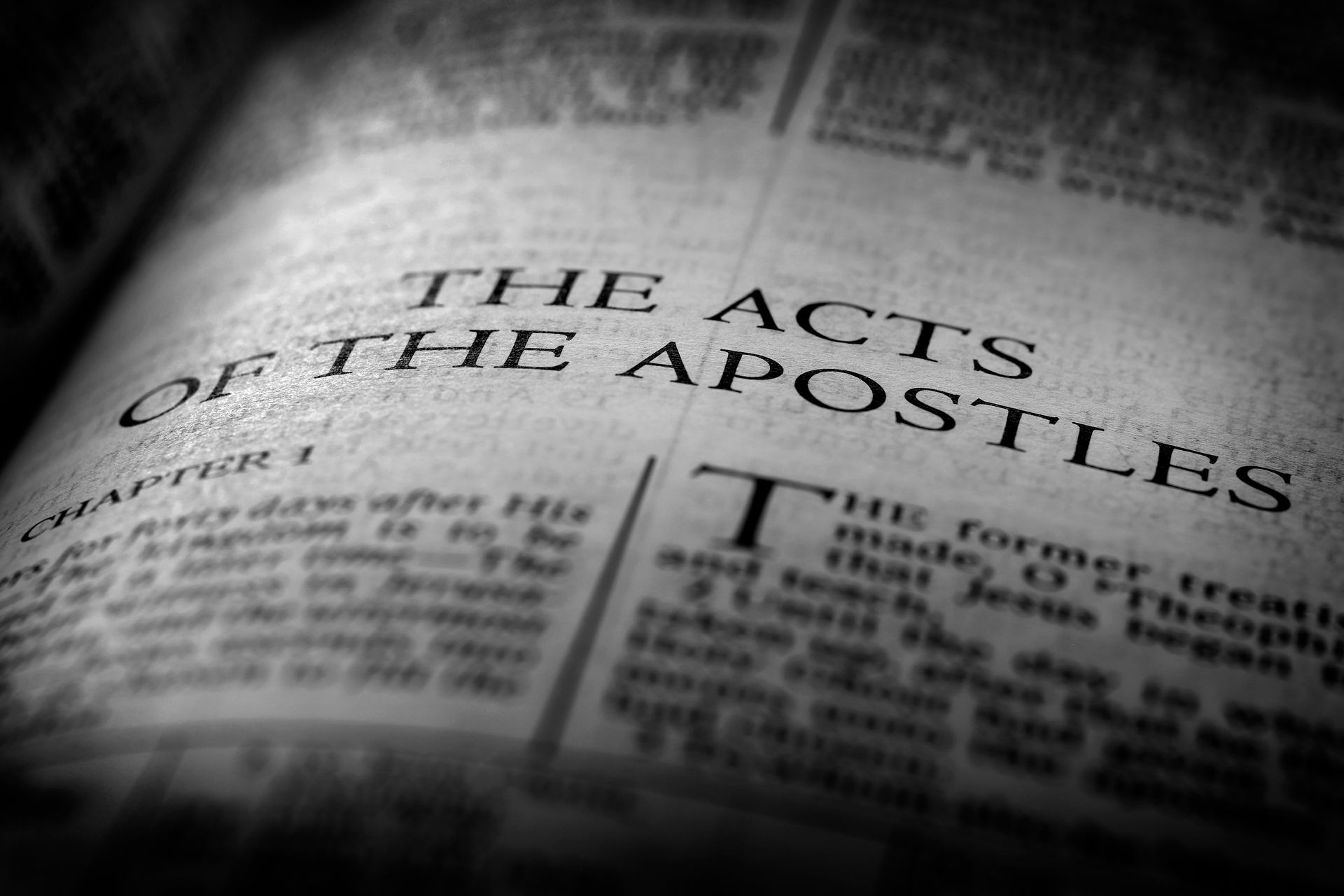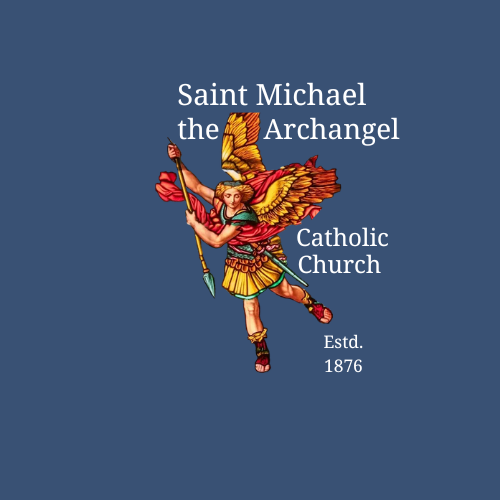Magisterium of the Church
...Guard this rich trust with the help of the
holy Spirit that dwells within us.
What is the Magisterium of the Church?
Jesus approached and said to [the eleven disciples], "All power in heaven and on earth has been given to me. Go, therefore, and make disciples of all nations, baptizing them in the name of the Father, and of the Son, and of the holy Spirit, teaching them to observe all that I have commanded you. And behold, I am with you always, until the end of the age."
Matthew 28: 18-20
The Magisterium is the official teaching authority of the Church, constituted by the Pope and the bishops in union with him. Its authority comes from Christ, and its guidance comes from the Holy Spirit.
Many of the teachings found in Sacred Scripture can be difficult to understand.
Different people—even well-educated people—can and do interpret the same passage of Scripture in very different ways. When questions regarding the teachings of Christ arose in the first years following his Ascension, the early Christians naturally turned to the Apostles for guidance. We see this very clearly when a question arose about the necessity of following the Law of Moses; the Apostles gathered in council to ensure one, uniform answer to the question (cf. Acts of the Apostles 15). They had received not only the Deposit of Faith, but also Christ's authority in the leadership of the Church, including the authority to teach. The teaching authority of the Church, or Magisterium, is intimately associated with the Deposit of Faith. (Cf. CCC 95,2049)
Take as your norm the sound words that you heard from me, in the faith and love that are in Christ Jesus.
Guard this rich trust with the help of the holy Spirit that dwells within us.
2 Timothy 1: 13-14
Although the Magisterium is charged with interpreting and applying Scripture and Tradition, it is not superior to the Deposit of Faith, but rather its servant. It can neither add to nor subtract from the Deposit of Faith; instead, it serves as its guardian, preserving and communicating these truths to every generation of believers for all time under the guidance of the Holy Spirit. Cf. CCC 86)
The Catechism of the Catholic Church, paragraph 100 and paragraph 2033 addresses this question.
-The Didache Bible, page 1582
The teaching authority of the Church comes from Christ himself, who extended this authority to Saint Peter and the Apostles; they, in turn, have passed it down through Apostolic Succession to the Popes and bishops of every age. The Holy Spirit guarantees that the Magisterium will always teach the truth infallibly on matters of faith and morals. (Cf. CCC 2032-2033,2051)
Apostolic Succession is the transmission by means of the sacrament of Holy Orders of the mission and power of the Apostles to their successors, the bishops.
Thanks to this transmission the Church remains in communion of faith and life with her origin, while through the centuries she carries on her apostolate for the spread of the Kingdom of Christ on earth.
-Compendium, CCC
"The task of giving authentic interpretation of the Word of God, whether in its written form or in the form of Tradition, has been entrusted to the living, teaching office of the Church alone. Its authority in this matter is excercised in the name of Jesus Christ." This means that the task of interpretation has been entrusted to the bishops in communion with the successor of Peter, the Bishop of Rome.
-Catechism of the Catholic Church, paragraph 85
"If you believe what you like in the gospels, and reject what you don't like, it is not the gospel you believe, but yourself."
-Saint Augustine
What does it mean to say that the Pope is infallible?
"I will ask the Father, and he will give you another Advocate to be with you always, the Spirit of truth, which the world cannot accept, because it neither sees nor knows it. But you know it, because it remains with you, and will be in you.... He will teach you everything and remind you of all that [I] told you."
John 14:16-17, 26
Not only the Pope but also the bishops in union with him, exercising the Magisterium of the Church, are infallible when they teach definitively on matters of faith and morals. This is a guarantee given by Christ and the Holy Spirit that the Church may always teach the Gospel free of error.
It would have been futile for Christ to have established a teaching authority on earth if he were not likewise to guarantee the truth of what that authority would teach. Because of its divine institution and its guidance by the Holy Spirit, the Magisterium of the Church teaches without error on matters of faith and morals. This is particularly true when the Magisterium solemnly defines doctrines; such dogmas are revealed truths that are proclaimed and bind all the baptized as matters of faith. (Cf. CCC 88, 2049-2051)
The true interpretation of both Sacred Scripture and Sacred Tradition is expressed in the teachings of the Magisterium, which comprise the Pope and the bishops of the Church, the successors of Saint Peter and the Apostles. (Cf. CCC 84, 95)
The Church's teaching on matters of faith and morals, therefore, is infallible. Church teachings are free from error in any of the following circumstances:
- The Pope, in his office as supreme teacher, makes a declaration regarding faith or morals by a definitive act.
- The Pope, together with the bishops in union with him, exercises the Magisterium, particularly in an Ecumenical Council.
- The bishops, in communion with the Pope, propose a teaching that leads to a better understanding of Revelation in a matter of faith and morals. (Cf. CCC 891-892)
Finally, it is important to distinguish infallibility from impeccability, i.e., freedom from sin. No member of the Church—except the Blessed Virgin Mary by reason of her Immaculate Conception—has ever been without sin.
While the gift of infallibility prevents the Church from erring in matters of faith and morals, the Pope and bishops of the Church are nonetheless human and therefore fallible except in matters of faith and morals.
The Catechism of the Catholic Church, paragraph 889 and paragraph 2051 addresses this question.
-The Didache Bible, page 1583
Sacred Scripture
God himself guided the Sacred Authors, who were enlightend by God, the Holy Spirit, to write what he wanted and nothing more, making it "not a written and mute word, but the Word which is incarnate and living"




